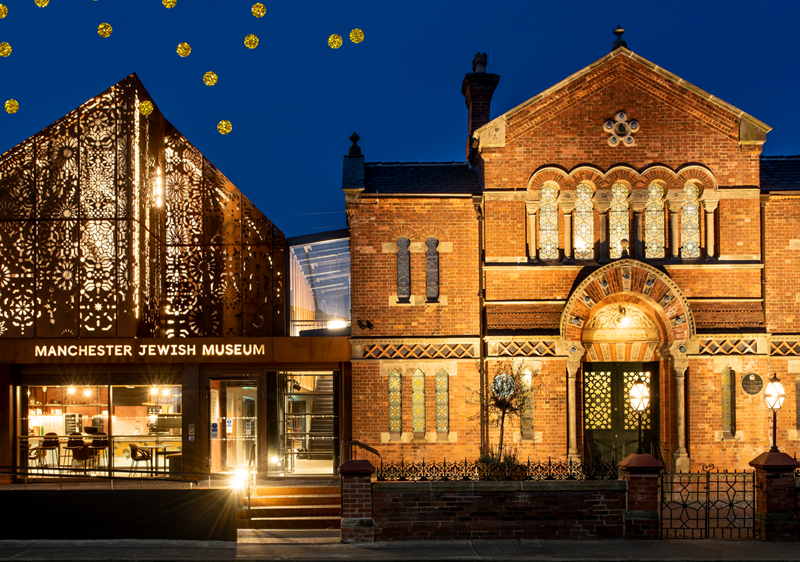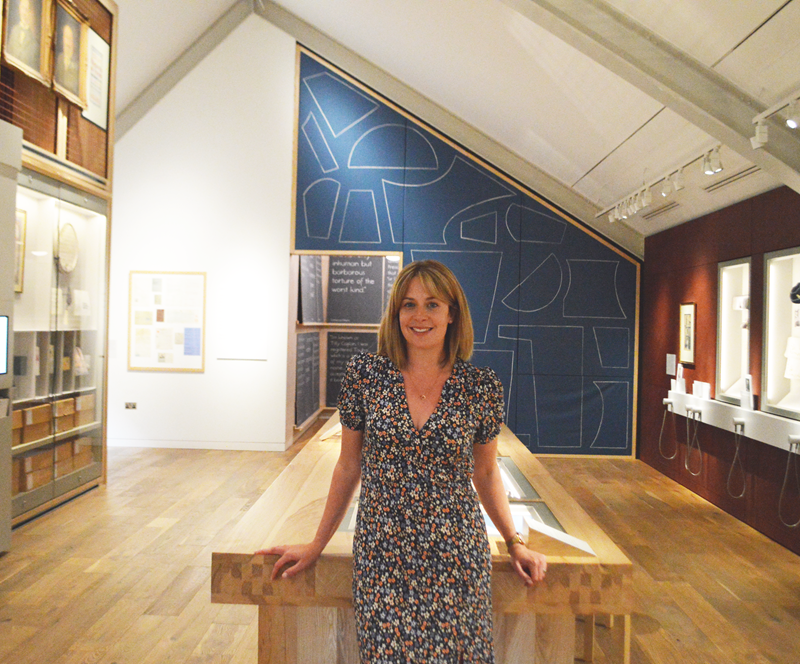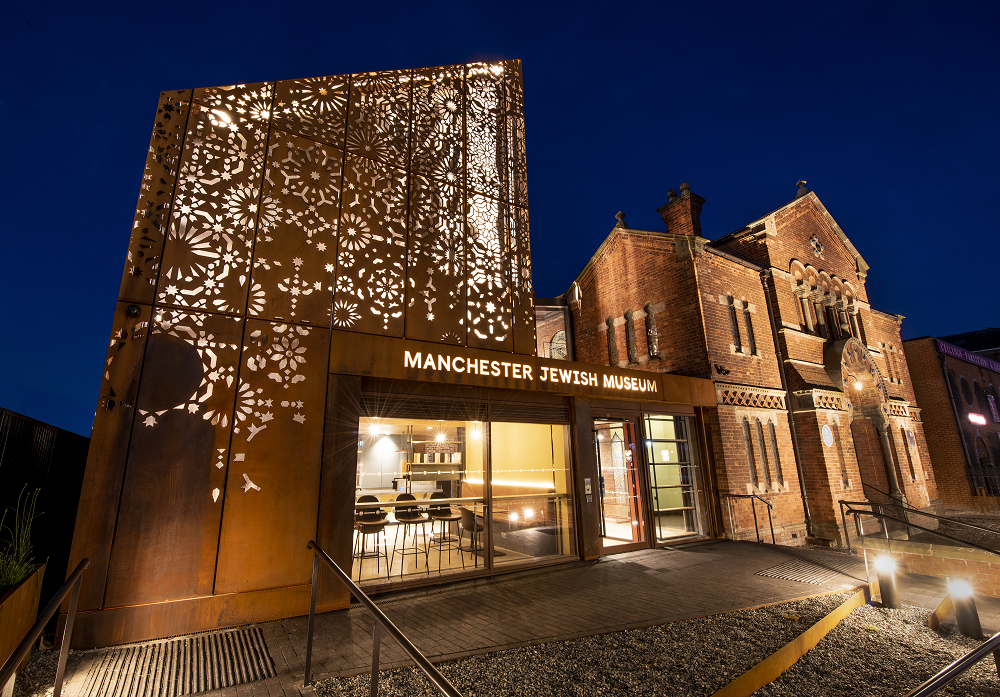“My aim in music is to connect people and share a frequency that brings them together” – interview with Irit Dekel
On Thursday, 31 October, the museum will welcome Irit Dekel, a talented singer-songwriter whose gentle music spans various eclectic genres, from folky jazz to indie alternative. In this interview we talked about what inspires Dekel to write and compose and what we can expect from her upcoming show as part of Synagogue Nights.
Dekel grew up in Haifa overlooked by the evergreen Mount Carmel and next door to a sprawling forest. In her house the radio was always on playing music, which inspired Dekel to take piano and flute lessons and a pull towards the stage led her to later attend the prestigious Beit Zvi performing art school. Music was her first love though and following the release of Last of Songs (2014), a collaboration with Eldad Zitrin, Dekel established herself as a solo artist with the release of her two albums – Hello (2018) and Desert Moon (2023).
During her show at Manchester Jewish Museum, together with her band, Dekel will be performing songs from her new album ‘Starlings’. Featuring cello, accordion, acoustic guitar, and clarinet, her music blends vibrant melodies with deep spiritual themes from her Jewish heritage.
Hello Irit, we can’t wait for your concert this month. Could you please tell our audiences a bit more about yourself and your music?
Hello! I’m looking forward to playing at your beautiful venue. My aim in music is to connect people and share a frequency that brings them together. I take it seriously, but with a light touch, to bring positivity and hope through music. That’s when the magic begins.
Your music blends folk, pop and other alternative genres with themes from your Jewish heritage to create a beautiful gentle sound. Can you tell us how your cultural background influences your songwriting and sound, especially in your latest album, Starlings?
I find inspiration in what I study, and it comes through various mediums such as paintings, literature, Torah and Kabbalah, the natural world, and the inner dialogue I have with the world as a believer in a higher calling. You can definitely hear those influences in the album “Starlings”.
Growing up in Haifa, surrounded by nature and music, must have had a significant impact on your creative journey. Where do you look for inspiration when you write your music?
I agree that your surroundings have an important impact on you, but I do my writing in my imagination and consciousness—that’s where I travel. Of course, you’re never alone when you connect and channel. Let’s just say, you’re never really alone 🙂
How was writing “Starlings” for you? What emotions or messages do you hope listeners take away from this new album?
Writing Starlings was powerful, and it flowed effortlessly. The message is that just because we don’t understand or see something doesn’t mean it doesn’t exist—quite the opposite. It simply means we don’t understand or see. We should strive to be more humble and focus on the process rather than the outcome.
What excites you most about bringing “Starlings” to Manchester Jewish Museum and performing in our historic synagogue?
I’m excited to play in this beautiful, historic venue, alongside people I admire, and to share a philosophy I hold, believe in, and practice through music. That means the world to me.
What’s next? What should we look out for from you in the future?
Let’s focus on the present—we could all use some practice there, couldn’t we? I believe this focus will lead to better options, creativity, and outcomes. In general, my goal is more music, more precision, and to reach as many people as possible who resonate with what I bring as an artist.






